The podcast, hosted by Tami Adams, founder of TA Speakers Management, features a conversation with Gregg Brown, a globally recognized expert on the future of work, focusing on emerging trends, the impact of AI, and the importance of diversity in the workplace.
Key Trends in the Future of Work
Tami begins by highlighting some significant trends shaping the future of work, including the shift toward people-centric and human-centric cultures. She points out that concepts like work-life balance, once mere buzzwords, have become a priority for employees who now actively seek workplaces that truly support this balance. Tami also notes a rising focus on mental wellness, resilience, and inclusion, indicating that organizations must go beyond just surviving and aim to create environments where people can truly thrive.
Gregg adds that organizations need to adapt radically in order to attract and retain top talent. He stresses that traditional business models, regardless of the sector, must evolve in response to the ongoing talent shortage. Leadership styles, recruitment strategies, and organizational structures will all need to undergo significant changes to meet these demands.
The Role of AI in Transforming Leadership
One of the central themes of the conversation is the impact of AI on leadership. Gregg references a report from McLean & Company, as well as the World Economic Forum’s Future of Jobs report, which indicates that 73% of leaders believe their roles will completely change or almost entirely transform by 2030 due to AI advancements. He discusses how AI will automate many tasks, such as risk management and predictive analysis, leading to a greater need for leaders who possess emotional intelligence and the ability to foster genuine human connections.
Gregg addresses the common fear that AI will replace human jobs, emphasizing that while AI will transform roles, it will also enhance them. Leaders’ roles will shift toward guiding teams through these changes, reinforcing the idea that tools like AI cannot replace human wisdom and judgment.
Navigating Artificial Intimacy in the Workplace
The concept of “artificial intimacy”, a term taken from the McLean & Company report, is introduced as a potential risk to genuine human connection. Gregg explains that artificial intimacy refers to the sense of connection created through digital interactions that may feel real but lack depth. He uses examples like social media relationships and Zoom meetings to illustrate how these interactions often fall short of fostering true human connection.
He argues that while technology can facilitate communication, it cannot replace the energy and authenticity of face-to-face interactions. For organizations to maintain engagement and loyalty among their employees, Gregg suggests that leaders need to prioritize creating real, personal connections, even in hybrid or remote work environments.
Diversity, Equity, and Inclusion (DEI) in 2025 and Beyond
Towards the end of the podcast, Tami and Gregg discuss the current state of Diversity, Equity, and Inclusion (DEI) initiatives in the workplace. Tami points out that despite the growing importance of inclusion, some large organizations like Zoom and Meta have recently reduced their DEI teams. Gregg responds by reiterating the critical role that diversity plays in driving innovation and problem-solving within organizations.
He states that diversity of thought, fostered by bringing together people from different backgrounds, leads to better decision-making and creativity. While DEI efforts have faced backlash and become politicized in some regions, Gregg firmly believes that companies prioritizing these initiatives will be better positioned to handle the talent shortages and stay competitive in the market.
Gregg emphasizes that DEI is not just about meeting quotas or hiring based on specific attributes; it’s about ensuring that a range of perspectives is represented within an organization to enhance its overall functionality and innovation. He also highlights that unconscious biases often affect hiring decisions, which can limit diversity in teams. To counteract this, he advocates for a more open-minded approach to recruitment that values skills and experience over traditional academic credentials.
The Shift in Workforce Dynamics and the Rise of the Gig Economy
The discussion also covers the shift in workforce dynamics, with Gregg emphasizing the need for organizations to embrace the rise of the gig economy. He explains that as the economic landscape fluctuates, businesses will benefit from more flexible work structures that can adapt to changing needs. This approach includes revamping job requirements to focus less on formal education and more on practical skills and experience.
Gregg cites examples of major companies like Chase Morgan Bank and RBC that have already removed degree requirements for certain roles, recognizing that diverse career paths can bring valuable skills to the workplace. He suggests that this trend will continue to grow as organizations look for ways to fill talent gaps and become more inclusive.
Conclusion: The Importance of Human Skills in Leadership
In closing, Gregg and Tami agree on the importance of human skills—often referred to as the misnomer “soft skills”—in the evolving landscape of work. These skills, including empathy, emotional intelligence, and conflict management, are now seen as crucial for effective leadership. Gregg refers to these as “durable skills,” which are challenging to teach but essential for guiding teams through change.
Gregg underscores that leadership today is less about having a formal title and more about how one thinks and engages with others. He encourages leaders at all levels to cultivate these skills to build stronger, more resilient teams.
The podcast ends with a hopeful note that organizations that invest in these human skills and embrace diversity will not only address talent shortages but also create more innovative and engaged workplaces as they move toward 2025 and beyond.

